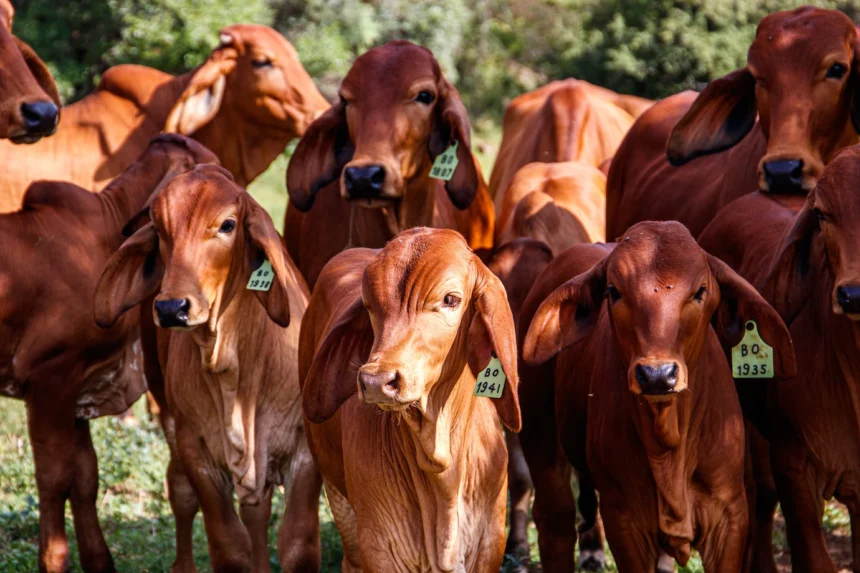Organic livestock farming is an increasingly popular and sustainable agricultural practice that focuses on raising animals in an environmentally friendly and humane manner. In South Africa, there are several opportunities for organic livestock farming due to the country’s diverse agricultural landscape and growing demand for organic products. Here are some key considerations and opportunities for organic livestock farming in South Africa:
- Market Demand: There is a growing demand for organic products in South Africa, including organic meat, milk, and eggs. Consumers are becoming more conscious about the origin and quality of their food, making organic livestock farming an attractive option for producers.
- Organic Certification: To tap into the organic market, farmers need to obtain organic certification from accredited certifying bodies. This certification ensures that the farming practices meet organic standards, which include using organic feed, providing access to pasture, and avoiding the use of synthetic chemicals, hormones, and antibiotics.
- Suitable Livestock: South Africa has a diverse range of livestock suitable for organic farming, including cattle, sheep, goats, poultry, and pigs. Farmers should select livestock breeds that are well-adapted to the local climate and have good resistance to common diseases.
- Pasture Management: Organic livestock farming emphasizes the use of pasture-based systems where animals graze on natural or organically managed pastures. Proper pasture management techniques, such as rotational grazing, can help optimize forage utilization and improve soil health.
- Feed and Nutrition: Organic livestock should be fed organic feed, which is free from genetically modified organisms (GMOs) and synthetic pesticides. Farmers can explore organic feed options, such as organic grains, legumes, and forage crops, to ensure a balanced diet for their animals.
- Animal Health and Welfare: Organic farming places a strong emphasis on animal health and welfare. Farmers should provide ample space for animals to move and exhibit natural behaviors. Natural remedies, such as herbal treatments and homeopathy, can be used to prevent and treat common ailments.
- Value-Added Products: In addition to selling organic meat, farmers can explore value-added products, such as organic dairy products, free-range eggs, and organic wool or fiber. Processing and marketing these products can provide additional income streams for organic livestock farmers.
- Export Opportunities: South Africa has favorable trade agreements with several countries, making it a potential hub for organic product exports. Farmers who meet international organic standards can tap into the global organic market and export their products to countries with high demand.
- Training and Education: As organic farming practices require specific knowledge and skills, farmers interested in organic livestock farming should seek training and education opportunities. There are various organizations, agricultural colleges, and government initiatives in South Africa that offer courses and resources on organic farming practices.
- Collaborations and Networks: Joining local organic farming associations and networks can provide valuable support, knowledge sharing, and marketing opportunities. Engaging with like-minded farmers and industry experts can help overcome challenges and stay updated with the latest organic farming practices.
It’s important to note that transitioning to organic livestock farming may require initial investments and a transition period to meet organic certification requirements. However, with the growing market demand and environmental consciousness, organic livestock farming presents a promising opportunity for farmers in South Africa to adopt sustainable and profitable agricultural practices.
Join 'Farmers Mag' WhatsApp Channel
Get the latest Farming news and tips delivered straight to your WhatsApp
CLICK HERE TO JOIN






